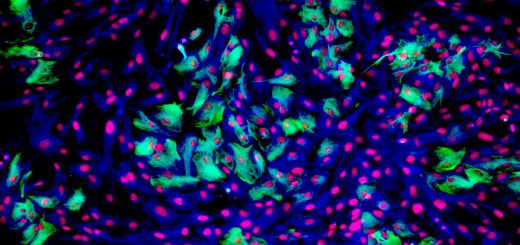We may finally know why people tend to regain weight after losing it
When mice lose weight, brain signals that trigger hunger are dialed up, making the animals eat more until they return to their starting weight
By Grace Wade
24 March 2023
Hunger cues may increase after weight loss
Shutterstock/Okrasiuk
Researchers have identified a brain pathway in mice that may explain why people tend to regain lost weight. Future therapies targeting this pathway could help with weight maintenance after dieting.
Nearly half of people with obesity who participate in weight loss programmes regain the lost weight within five years. The mechanism driving this weight regain is unknown, but it may be related to cells located in the hypothalamus called AgRP neurons, which have previously been shown to play an important role in regulating hunger. “They are activated when a body is low on fuel, and when they are active, they cause intense hunger,” says Brad Lowell at Beth Israel Deaconess Medical Center in Massachusetts.
Many different brain regions send signals to AgRP neurons through connections known as synapses. These connections can strengthen or weaken, altering the intensity of the signals that travel along them – the stronger the connection, the louder the message.
Advertisement
Read more:
Seven days to a fitter you: Read our top exercise long reads for free
To see how weight loss affects these synapses, Lowell and his team measured activity in the post-mortem brains of nine mice, five of whom fasted for 16 hours before their brains were examined. The researchers stimulated brain regions known to signal to AgRP neurons using optogenetics, a technique that activates cells using light. In response, mice that fasted had more activity in a part of the hypothalamus called the paraventricular hypothalamic nucleus (PVH) than mice that didn’t fast. This brain region is known to be involved in metabolism and growth.
The researchers silenced these PVH neurons in a separate group of mice that fasted and then tracked how much food the mice ate in 24 hours. On average, the mice ate about 33 per cent less food than mice in a control group, and they regained less weight over the course of seven days. Further experiments revealed that once mice regained the weight they had lost from fasting, the amplified signalling from PVH neurons returned to normal.


